Computer Science News
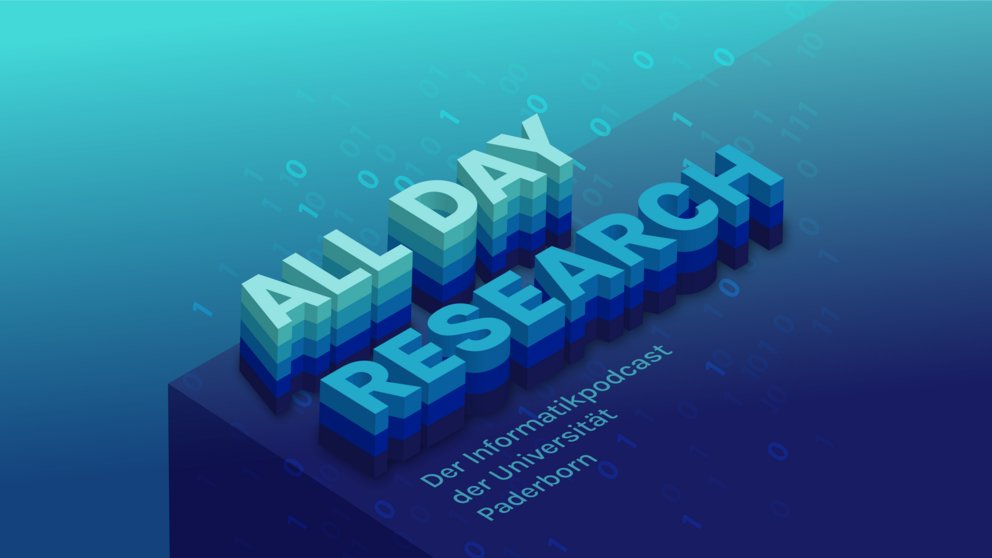
31.05.2024
|
EIM-Nachrichten,
CS-Nachrichten
„All Day Research” Podcast: 36th Episode – Talk Lounge Teaching with Prof. Dr. Marco Platzner
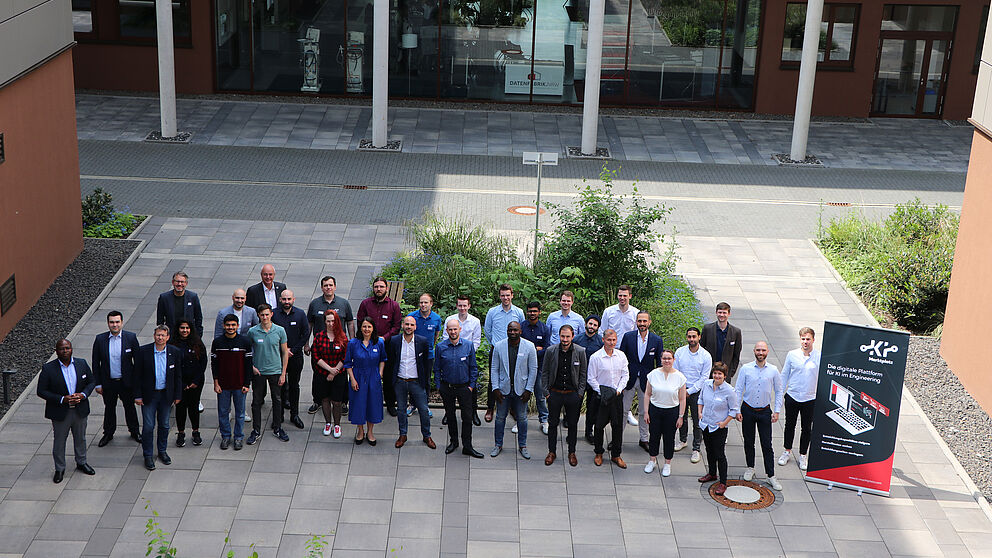
21.05.2024
|
Research,
Faculty of Computer Science, Electrical Engineering and Mathematics,
EIM-Nachrichten,
CS-Nachrichten
From research project to start-up: AI marketplace optimises production processes

16.05.2024
|
EIM-Nachrichten,
EI-Nachrichten,
CS-Nachrichten
Paderborn University participates in the "NRW Writing Academy" program
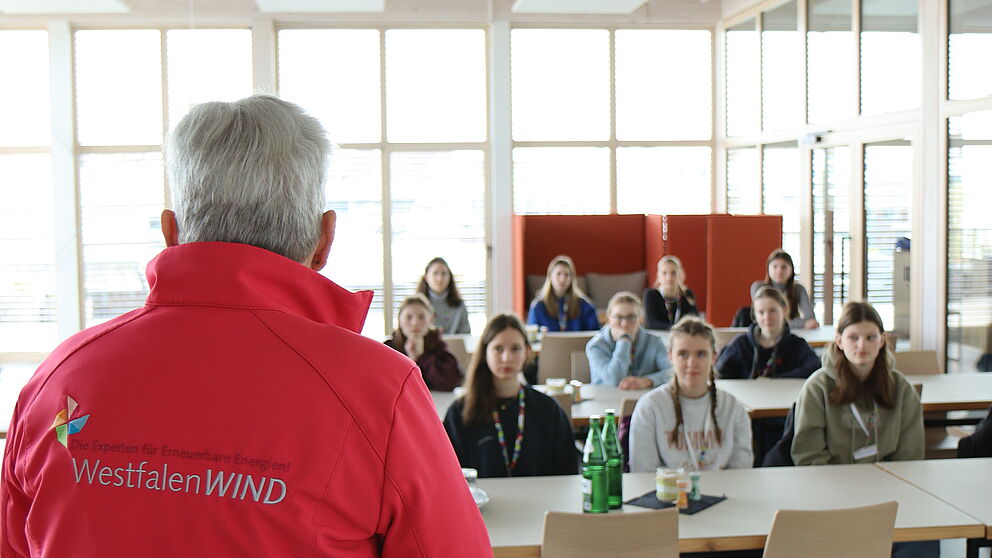
16.05.2024
|
EIM-Nachrichten,
CS-Nachrichten
Spring University 2024: Students try out STEM subjects!
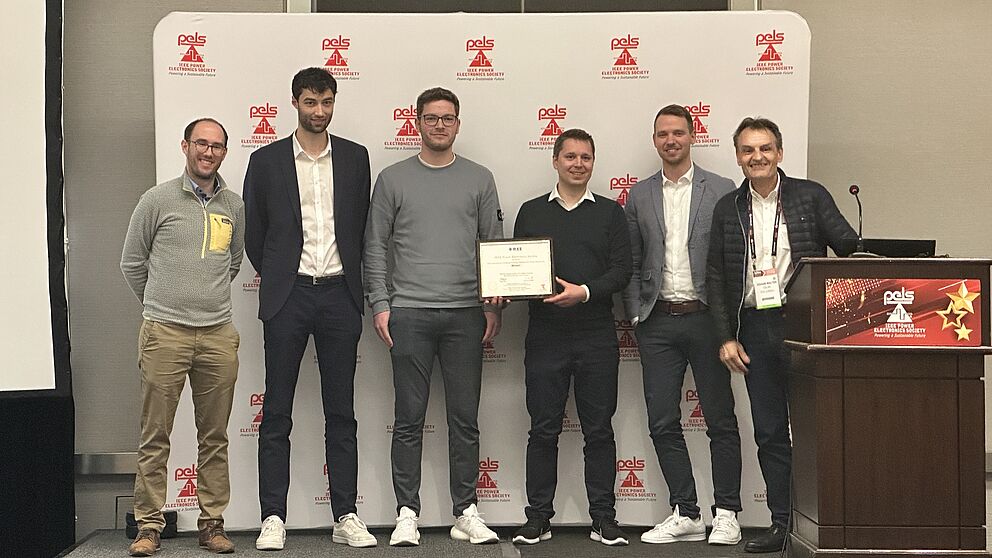
15.05.2024
|
EIM-Nachrichten,
CS-Nachrichten
Department of Power Electronics and Electrical Drive Technology wins international “MagNet Challenge 2023” competition

13.05.2024
|
Research,
Faculty of Computer Science, Electrical Engineering and Mathematics,
EIM-Nachrichten,
CS-Nachrichten
Developing AI in the classroom: "ProDaBi" project course teaches data science skills and helps with career guidance
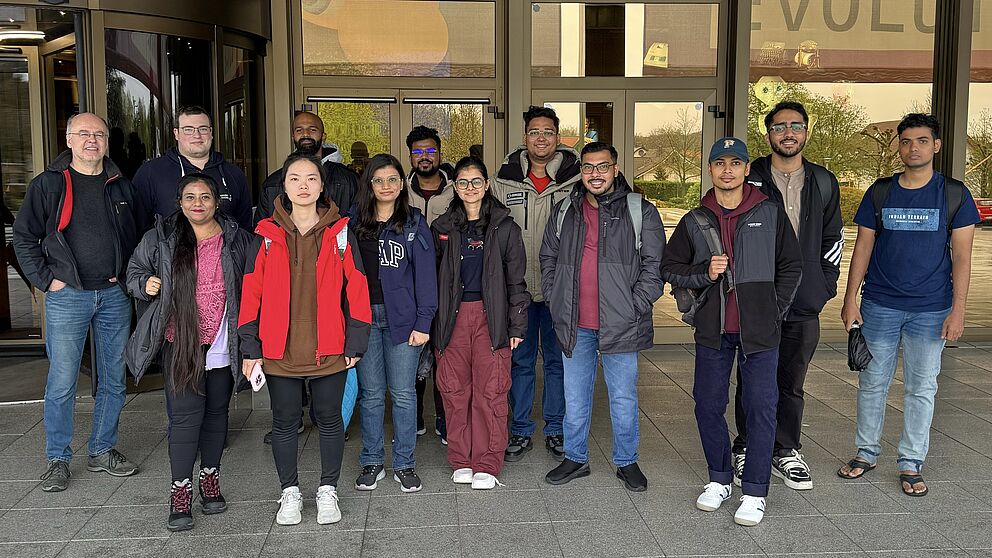
08.05.2024
|
EIM-Nachrichten,
EI-Nachrichten,
CS-Nachrichten
Faculty of Computer Science, Electrical Engineering and Mathematics welcomes international students at Welcome Days
06.05.2024
|
EIM-Nachrichten,
CS-Nachrichten
Paderborn University with top positions in nationwide CHE ranking
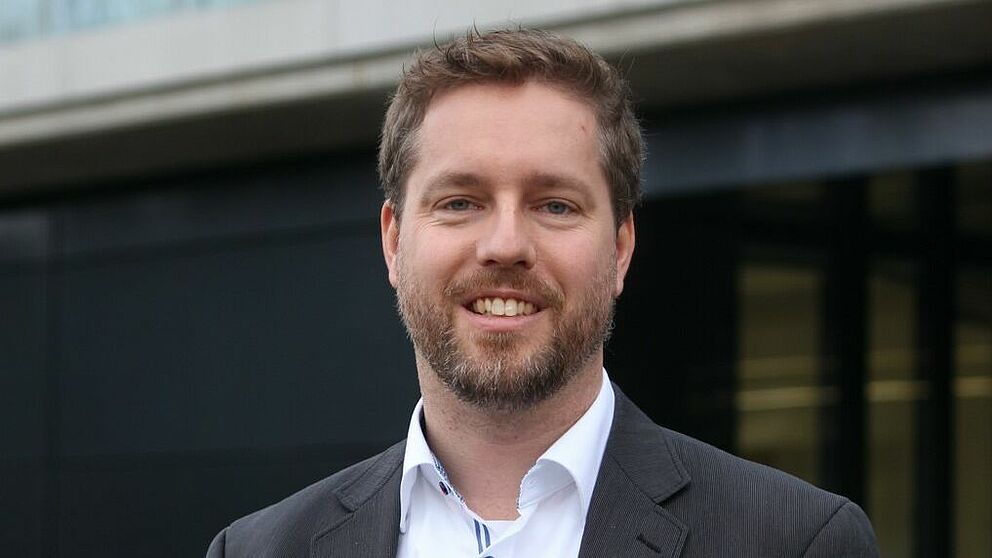
12.04.2024
|
EIM-Nachrichten,
CS-Nachrichten
ERC Grant for Outstanding Research Awarded to Paderborn University Researcher
11.04.2024
|
EIM-Nachrichten,
EI-Nachrichten,
CS-Nachrichten
Paderborn University presents networked and sustainable research at Hannover Messe 2024
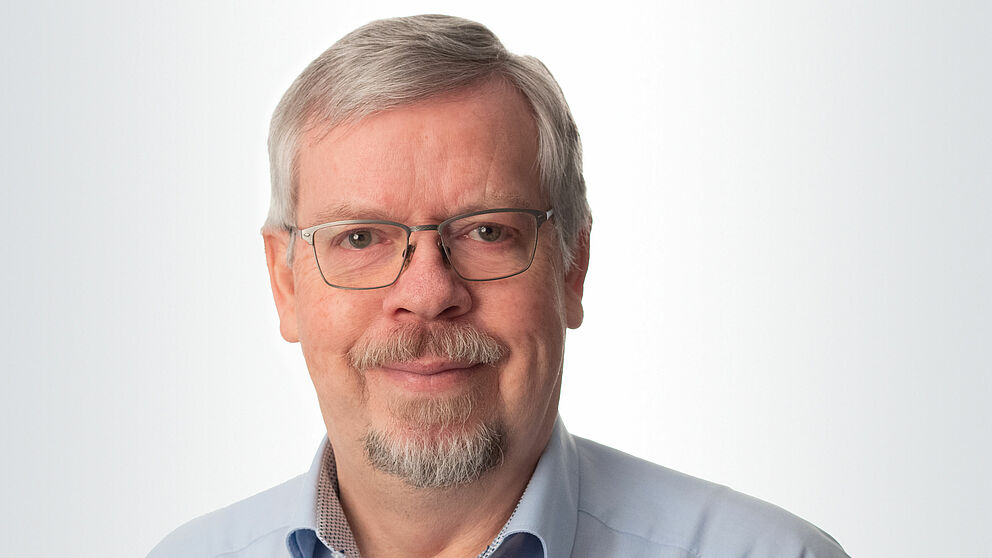
05.04.2024
|
EIM-Nachrichten,
CS-Nachrichten
For achievements in the field of theoretical computer science: Prof Dr Friedhelm Meyer auf der Heide appointed EACTS Fellow 2024
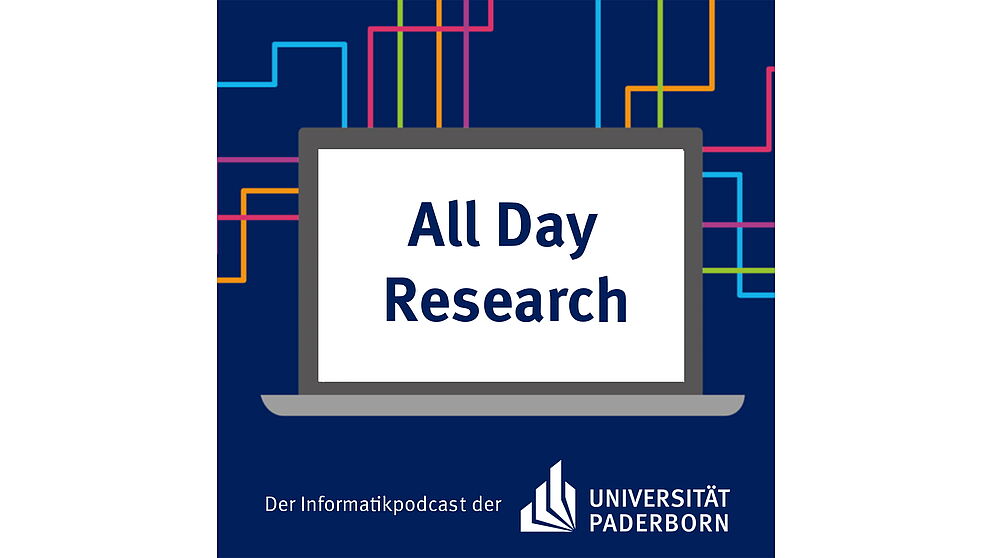
02.04.2024
|
EIM-Nachrichten,
CS-Nachrichten
„All Day Research” Podcast: 34th Episode with Prof. Dr. Heike Trautmann

05.03.2024
|
EIM-Nachrichten,
CS-Nachrichten
"All Day Research" Podcast: 33rd episode - Talk Lounge Teaching
01.03.2024
|
EIM-Nachrichten,
CS-Nachrichten
Six Paderborn researchers elected to review boards of the German Research Foundation
26.02.2024
|
EIM-Nachrichten,
CS-Nachrichten
